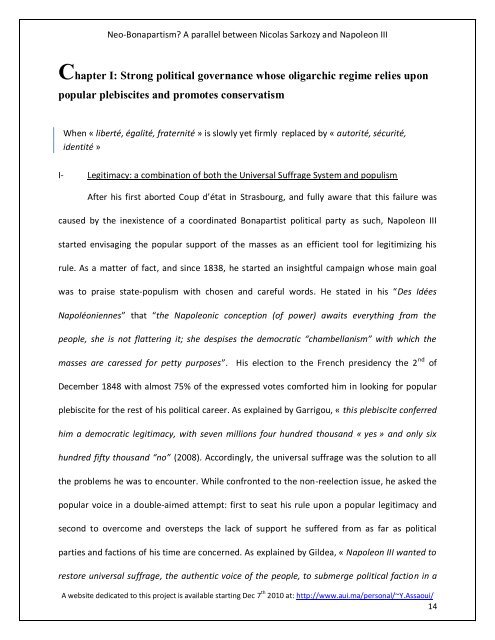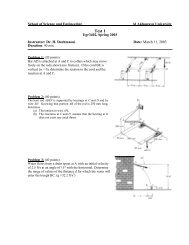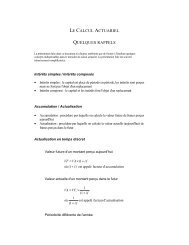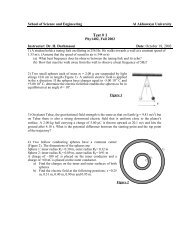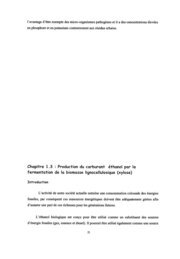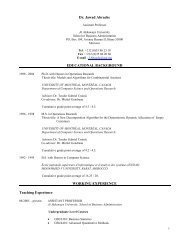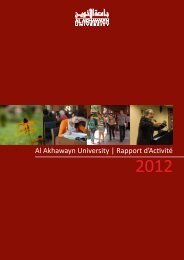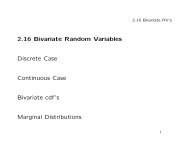Neo-Bonapartism? A parallel between Nicolas Sarkozy and ...
Neo-Bonapartism? A parallel between Nicolas Sarkozy and ...
Neo-Bonapartism? A parallel between Nicolas Sarkozy and ...
You also want an ePaper? Increase the reach of your titles
YUMPU automatically turns print PDFs into web optimized ePapers that Google loves.
<strong>Neo</strong>-<strong>Bonapartism</strong>? A <strong>parallel</strong> <strong>between</strong> <strong>Nicolas</strong> <strong>Sarkozy</strong> <strong>and</strong> Napoleon III<br />
Chapter I: Strong political governance whose oligarchic regime relies upon<br />
popular plebiscites <strong>and</strong> promotes conservatism<br />
When « liberté, égalité, fraternité » is slowly yet firmly replaced by « autorité, sécurité,<br />
identité »<br />
I- Legitimacy: a combination of both the Universal Suffrage System <strong>and</strong> populism<br />
After his first aborted Coup d’état in Strasbourg, <strong>and</strong> fully aware that this failure was<br />
caused by the inexistence of a coordinated Bonapartist political party as such, Napoleon III<br />
started envisaging the popular support of the masses as an efficient tool for legitimizing his<br />
rule. As a matter of fact, <strong>and</strong> since 1838, he started an insightful campaign whose main goal<br />
was to praise state-populism with chosen <strong>and</strong> careful words. He stated in his “Des Idées<br />
Napoléoniennes” that “the Napoleonic conception (of power) awaits everything from the<br />
people, she is not flattering it; she despises the democratic “chambellanism” with which the<br />
masses are caressed for petty purposes”. His election to the French presidency the 2 nd of<br />
December 1848 with almost 75% of the expressed votes comforted him in looking for popular<br />
plebiscite for the rest of his political career. As explained by Garrigou, « this plebiscite conferred<br />
him a democratic legitimacy, with seven millions four hundred thous<strong>and</strong> « yes » <strong>and</strong> only six<br />
hundred fifty thous<strong>and</strong> “no” (2008). Accordingly, the universal suffrage was the solution to all<br />
the problems he was to encounter. While confronted to the non-reelection issue, he asked the<br />
popular voice in a double-aimed attempt: first to seat his rule upon a popular legitimacy <strong>and</strong><br />
second to overcome <strong>and</strong> oversteps the lack of support he suffered from as far as political<br />
parties <strong>and</strong> factions of his time are concerned. As explained by Gildea, « Napoleon III wanted to<br />
restore universal suffrage, the authentic voice of the people, to submerge political faction in a<br />
A website dedicated to this project is available starting Dec 7 th 2010 at: http://www.aui.ma/personal/~Y.Assaoui/<br />
14


